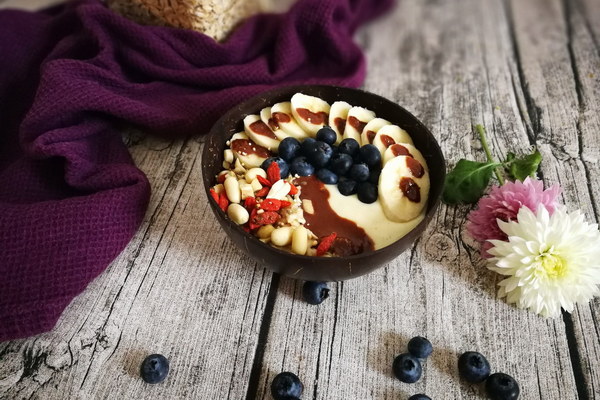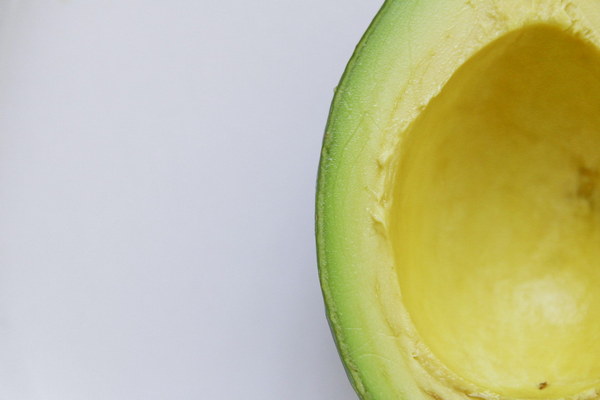Harmonizing Body and Mind A Comprehensive Summary of Traditional Chinese Medicine Wellness Training
In the pursuit of holistic health and well-being, the Traditional Chinese Medicine (TCM) Wellness Training has emerged as a beacon of wisdom, offering a profound understanding of the ancient practices that aim to balance the body and mind. This comprehensive summary delves into the key insights and practices learned during the training, highlighting the principles of TCM and its application in modern life.
The training began with an introduction to the foundational principles of TCM, emphasizing the importance of maintaining a harmonious balance between the Yin and Yang energies within the body. According to TCM, health is the result of a balanced flow of Qi (vital energy), and illness arises when this flow is disrupted. By understanding and applying these principles, individuals can take proactive steps to enhance their well-being.
One of the key concepts learned during the training was the concept of five elements—wood, fire, earth, metal, and water—each representing different aspects of the body and its functions. These elements interact with each other in a complex web, and an imbalance in any of them can lead to health issues. The training provided practical techniques for identifying imbalances and restoring harmony through diet, lifestyle, and herbal remedies.
Dietary practices played a significant role in the training, with an emphasis on incorporating a variety of foods that support the body's Yin and Yang energies. The training highlighted the importance of seasonality in nutrition, recommending specific foods that align with the seasons and their corresponding elements. For example, during the hot summer months, cooling foods like watermelons and cucumbers are encouraged, while in the cold winter, warming foods like ginger and garlic can help maintain balance.

Physical activities such as Tai Chi and Qigong were also integral to the training, as these practices help cultivate and regulate the flow of Qi within the body. Tai Chi, with its slow, deliberate movements and deep breathing exercises, promotes relaxation and balance, while Qigong focuses on breath and movement to enhance energy flow. Participants learned various forms of these exercises, which they can incorporate into their daily routines to improve their health and well-being.
Mental and emotional health were not overlooked during the training, with an emphasis on the mind-body connection. Stress and negative emotions can disrupt the flow of Qi, leading to illness. The training provided techniques for stress reduction, such as mindfulness meditation and emotional release exercises, which help maintain a balanced state of mind.
Herbal medicine played a crucial role in the TCM Wellness Training, with an in-depth exploration of the properties, benefits, and uses of various herbs. Participants learned about the concept of wuxing (five elements) in herbal medicine, which involves combining herbs that correspond to the elements to address specific health concerns. The training also highlighted the importance of personalized treatment plans, as each individual's constitution and health needs are unique.
Another important aspect of the training was an exploration of the meridian system, which is a network of pathways through which Qi flows. By understanding the meridians and their associated organs, participants could identify areas of imbalance and apply acupressure or acupuncture techniques to restore balance. The training provided hands-on experience with acupressure points, allowing participants to apply these techniques to themselves and others.
In conclusion, the TCM Wellness Training provided a rich tapestry of knowledge and practices that can be applied to enhance health and well-being. By focusing on the balance of Yin and Yang, the five elements, diet, physical activity, mental and emotional health, and herbal medicine, individuals can embark on a journey towards holistic health. As the training comes to a close, participants are equipped with the tools and knowledge to maintain a balanced and healthy lifestyle, fostering a deeper understanding of the ancient wisdom of Traditional Chinese Medicine.









